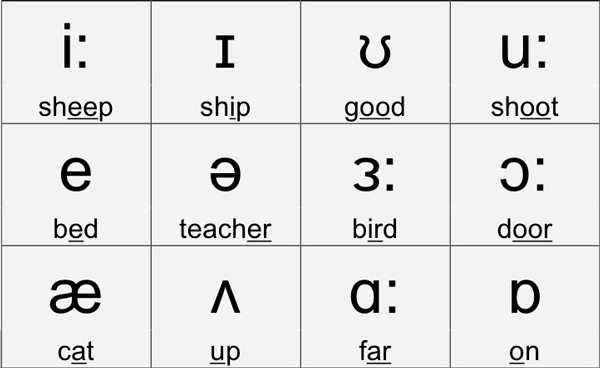Put the verbs into the simple past:
- Last year I (go) to England on holiday.
- It (be) fantastic.
- I (visit) lots of interesting places. I (be) with two friends of mine .
- In the mornings we (walk) in the streets of London.
- In the evenings we (go) to pubs.
- The weather (be) strangely fine.
- It (not / rain) a lot.
- But we (see) some beautiful rainbows.
- Where (spend / you) your last holiday?
http://www.myenglishpages.com/site_php_files/grammar-exercise-simple-past.php
Complete the sentences, put the verb into the correct form, positive or negative. (simple past tense)
1. It was warm, so I off my coat. (take)
2. The film wasn't very good. I it very much. (enjoy)
3. I knew Sarah was very busy, so I her. (disturb)
4. I was very tired, so I to bed early. (go)
5. The bed was very uncomfortable. I very well. (sleep)
6. Sue wasn't hungry, so she anything. (eat)
7. We went to Kate's house but she at home. (be)
8. It was a funny situation but nobody (laugh)
9. The window was open and a bird into the room. (fly)
10. The hotel wasn't very expensive. It very much. (cost)
11. I was in a hurry, so I time to phone you. (have)
12. It was hard work carrying the bags. They very heavy. (be)
Ejercicio tomado de:
http://www.grammarbank.com/simple-past-tense-exercises.html
Actividad: González Navarro


